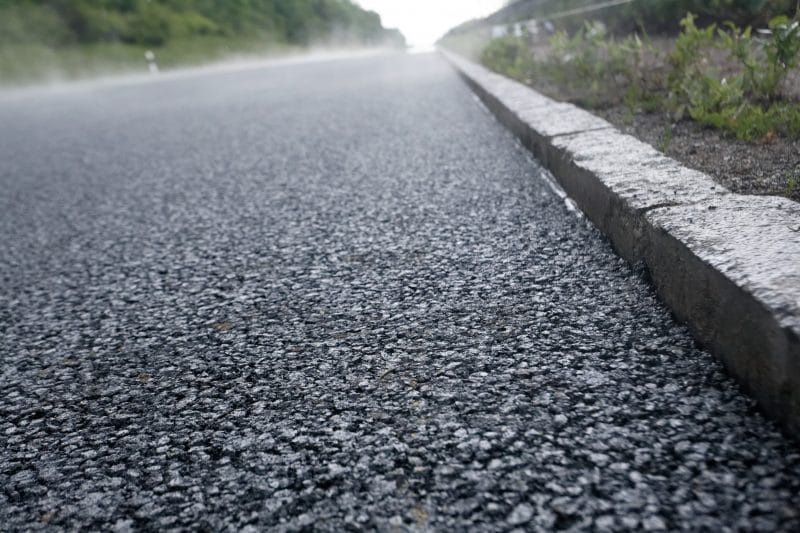Solution provider

Operating 6 fully automated recycling plants around the globe, Genan is the largest tyre recycler in the world - with the capacity to process 400,000 tonnes of end-of-life tyres (ELTs) a year.
Case
Recycling of waste to material
Waste management


Operating 6 fully automated recycling plants around the globe, Genan is the largest tyre recycler in the world - with the capacity to process 400,000 tonnes of end-of-life tyres (ELTs) a year.
Add the case to your visit request and let us know that you are interested in visiting Denmark
Each year, more than 20 million tonnes of tyres are discarded worldwide. If disposed of at landfill sites, these end-of-life tyres are left to pollute the environment, and if incinerated for energy recovery, large amounts of CO2 and potentially toxic fumes as well will be released.
Tyre recycling company Genan has turned this immense waste problem into a green opportunity – and can process and recycle up to 150,000 tyres daily worldwide. Tyres are shredded, granulated and separated into valuable secondary raw materials: rubber granulate and powder, steel and textile; and these products can be used for numerous sustainable applications, substituting virgin raw material.
The recycling of tyre steel limits the need for iron ore mining, and the recycling of tyre rubber limits the deforestation of rainforests for rubber plantations. Additionally, each tonne of tyres recycled at Genan equals 0.7-1.1 tonnes of CO2 emission savings when compared to incineration, which is the alternative disposal method. Rubberised asphalt is one climate conscious application that recycled ELT granules
can be used for, and it is also a cost-efficient solution, as rubber-modified asphalt is less exposed to rutting and cracking, requiring less maintenance. Research furthermore confirms that rubber-modified asphalt reduces traffic noise and provides a better road grip in wet weather. Moreover, far fewer tyre and road wear particles are released than is the case with traditional asphalt.